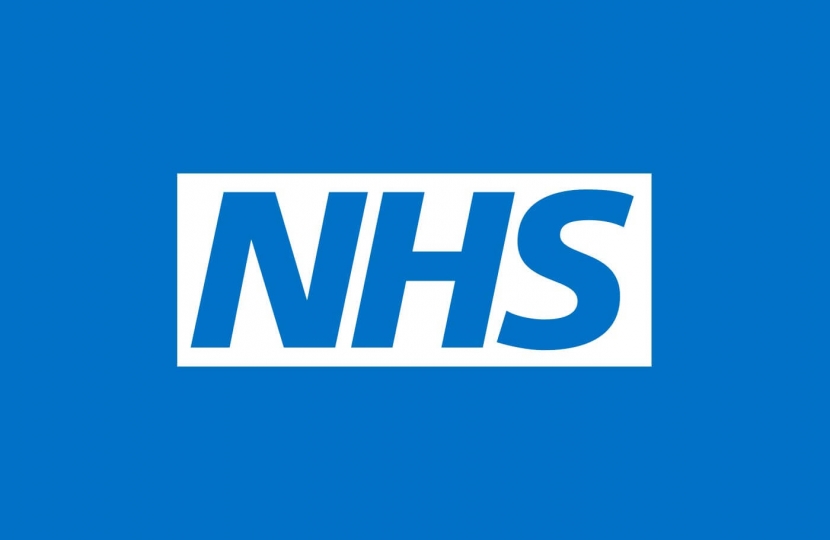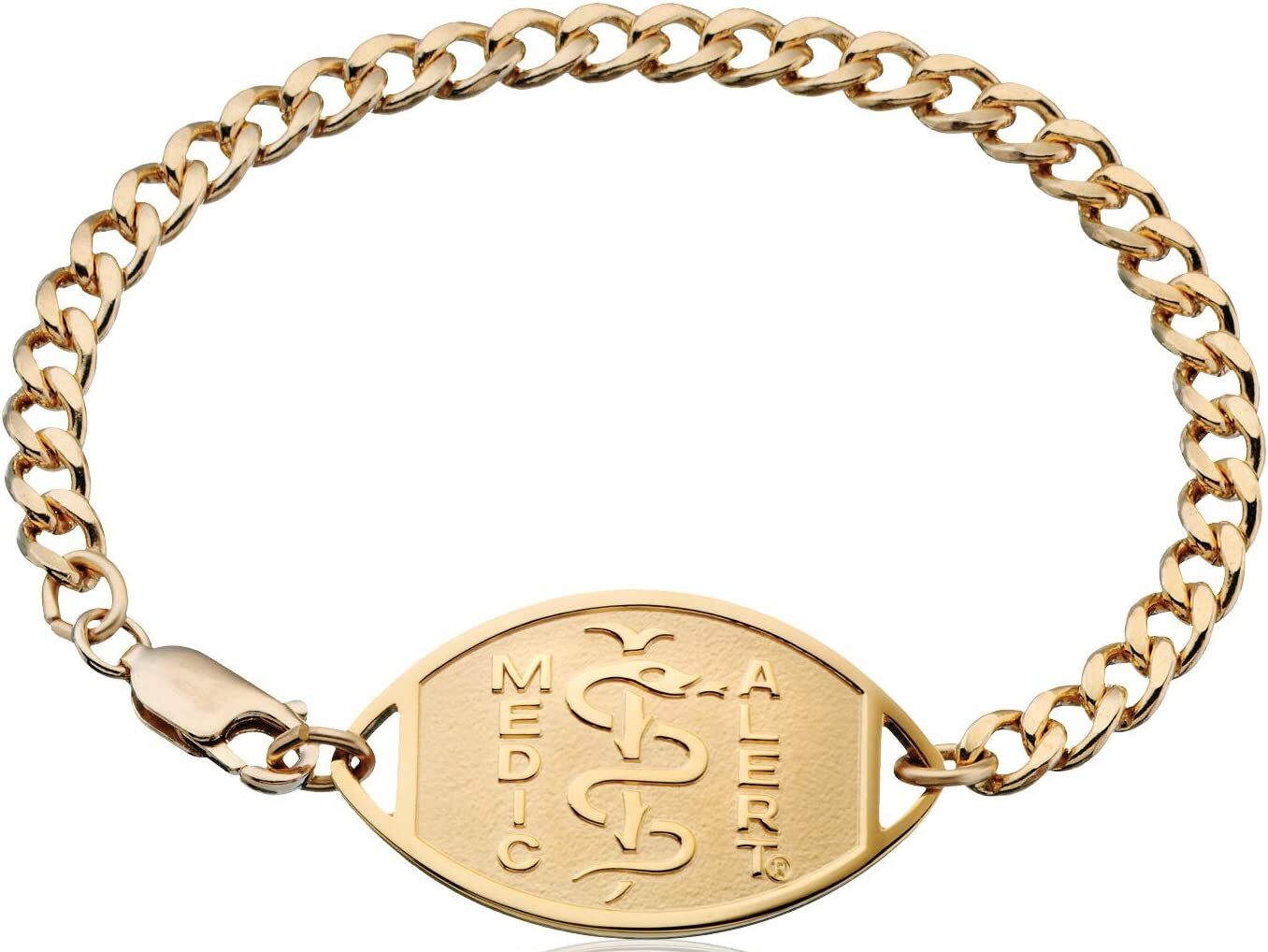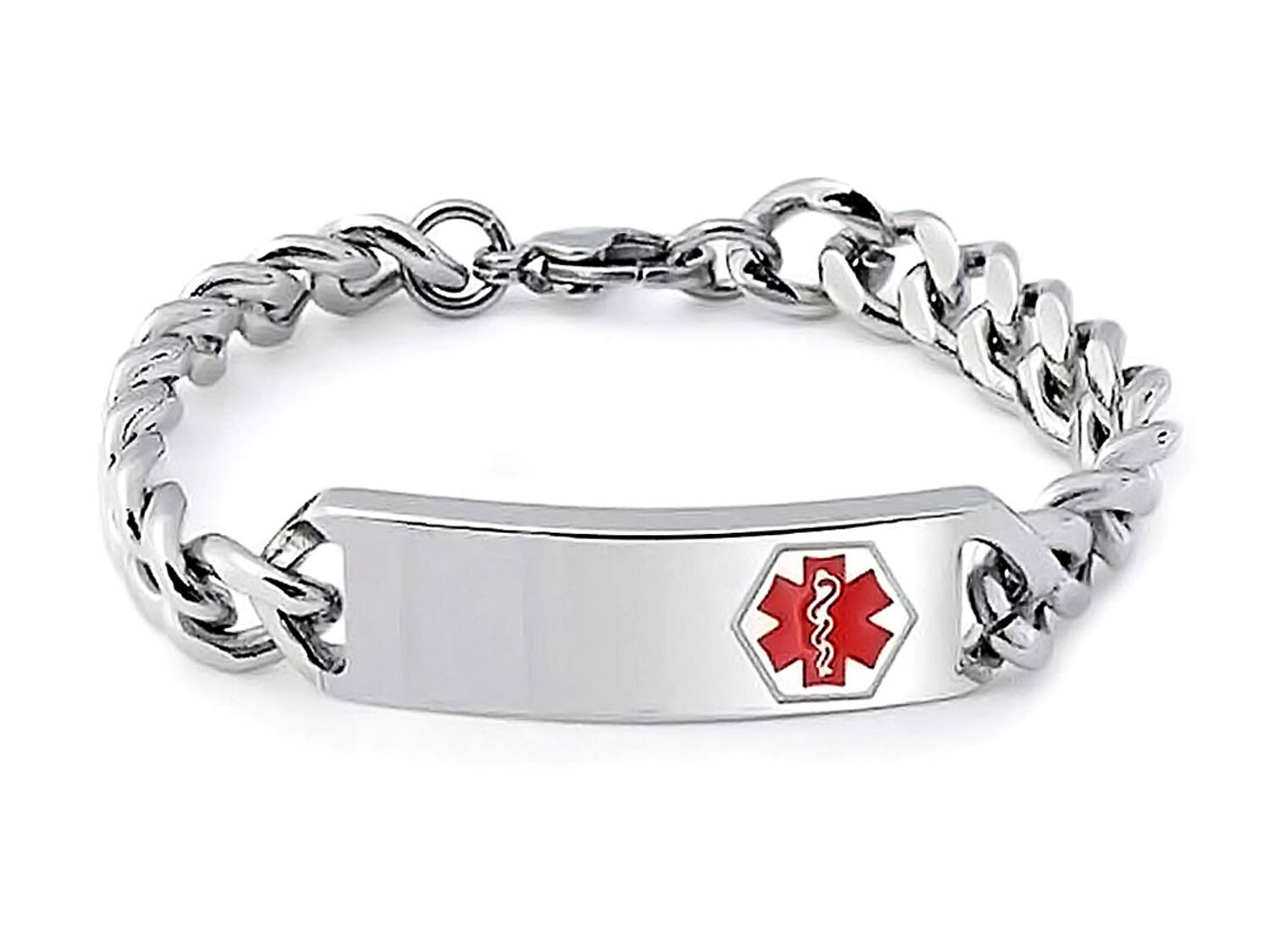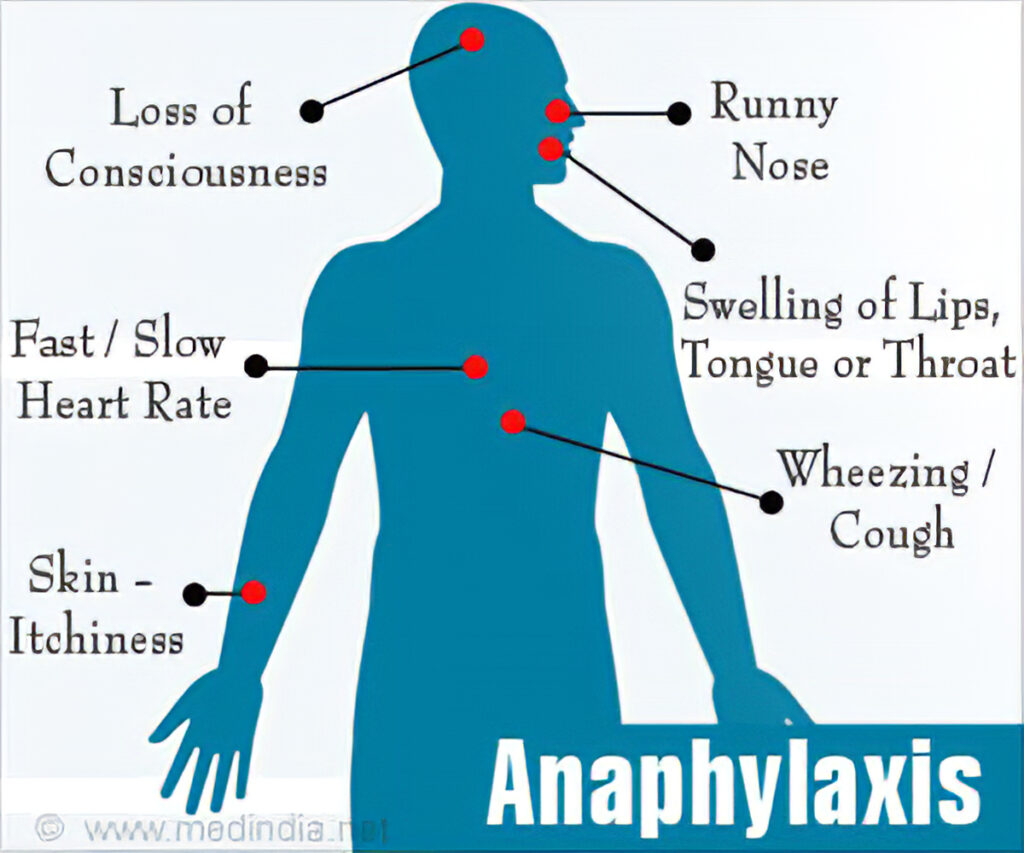MedicAlert and why to wear an ID
I am very proud to be a Medicalert Ambassador, which I have been since April this year. Knowing that the service provided by MedicAlert can improve and potentially save lives is definitely a cause worth championing.
MedicAlert ID’s are worn on pulse points, either as a bracelet or necklace. In the event of an emergency, when the first responders arrive on the scene, they can be easily seen. This allows for quick identification of the best treatment to give, and also, what medication must not be given due to potential adverse reactions.
You can apply online, and after entering your medical details, a Registered Nurse reviews all of the applications, to check that the most vital information is engraved on your MedicAlrert ID. They are NHS recommended.


If I had known about this when I was a child, both my parents and I would have been less stressed when I was away from home for any reason.
I asked some of our Instagram followers to answer some questions about Medicalert. Here are the answers from two adults who suffer from allergies:
1. Why do you wear a MedicAlert ID?
Personally, when I was diagnosed with allergies, my doctor suggested it would be sensible for me to wear a bracelet, in case I had a reaction, and it would inform people about the help I needed.
I wear a bracelet to let people know that I have severe anaphylaxis allergies to multiple food groups.
2. Do your friends and family feel safe that you wear your MedicAlert ID?
My friends and family find it particularly reassuring because I live far away from them, by myself, and they know that if anything should happen, I will get the help I need.
Knowing that I am wearing my bracelet gives them more confidence that it notifies other people I need help, on the times they are not with me.
3. How has your MedicAlert ID changed your life?
It has given me the assurance that I have a support system, especially living in a foreign country alone. I wear two MedicAlert ID’s, one in English and one in Korean, which provides an easy translation, this also comforts me.
Wearing my ID bracelet gives me more confidence that this vulnerability that I do have can be more easily identified by any medical or emergency individuals.
4. What do you love most about your MedicAlert bracelet?
What I love most about wearing my MedicAlert bracelet is actually the connection that it gives you with so many other people who recognise the symbol and the bracelet. There are more and more people suffering from anaphylaxis than you realise and this identification almost gives you a connection to those individuals and allows you to feel less anxious.


5. Do you think everyone with allergies should wear a MedicAlert bracelet?
Yes, because it provides that extra bit of information about you, should an emergency happen, especially if you spend a lot of time independently. It provides an extra bit of support, plus, they look so cute!
I do think people with very severe allergies should wear a medic identification. For some people though, it does highlight the vulnerability that you have, which can cause more anxiety than wearing the bracelet itself.
6. What would a world be like without allergies?
Thinking about that makes me feel emotional. It would open so many doors for so many people to just live our lives ‘normally’ like everybody else. Being able to go anywhere and eat anything that you want seems so alien. Without allergies, everyone would have an equal opportunity for the same life and experiences.
It would be a wonderful way to live and a miracle. It would allow us to remove the horrible, anxious fear we have going out into the world around other people, new places, food, and anything that we don’t have full control over.
With thanks to @iamalisonearly and @ajayhawk87 for their personal replies to the questions.
Here are answers from two mums with children who have allergies:
· I am Florence, I am 5 years old and I have got allergies
· I am Joseph, I am 3 years old and I have got allergies
· My allergy bracelet keeps me safe at school and clubs
· A MedicAlert ID provides comfort for allergy parents in the event of an emergency
With thanks to @theallergymumdiaries


1. Why do you wear a MedicAlert ID?
Thankfully we have we have never been in this situation yet where a MedicAlert bracelet has potentially had to save our children’s lives, but we want them on in the future in case a scary situation happens in public.
2. Do your friends and family feel safe that you wear your MedicAlert ID?
It makes us feel better because if our children for some odd reason get away from us, then anyone can see that they have these bracelets on them and are aware that our kids have severe food allergies. It also helps us feel like we have extra comfort and safety.
3. What would a world be like without allergies?
I don’t personally experience food allergies, but both of my children do and as a Mum, that’s heart-breaking because I’m scared for them all the time. So, if I could live in a world where we can help people with food allergies that would be amazing, a miracle.
With thanks to @thefoodallergymoms
What to do when someone is having an allergic reaction:
Firstly, how do you know if someone is having a severe allergic reaction?
They may have:
· Swelling of the throat and mouth
· Difficulty breathing
· Lightheadedness
· Confusion
· Blue skin or lips
· Collapsing and losing consciousness.


The first thing to do is phone for an ambulance making sure to tell the control you think the person is having a severe allergic reaction, and that it is an emergency.
They will most likely tell you what to do.
Also, check if the person is wearing a Medicalert ID – either a bracelet or a necklace. If they are, then tell the first responders this, so they will know exactly which treatment to give and more importantly, which treatment not to give!
If you know them, you will probably know if they have an epi- pen with them. If unknown to you, check with the people with them to find out if they know where it is, or in fact if they have used them already.
Also, ask them if they know what that person is allergic to, so you can pass the information on to the first responders.





